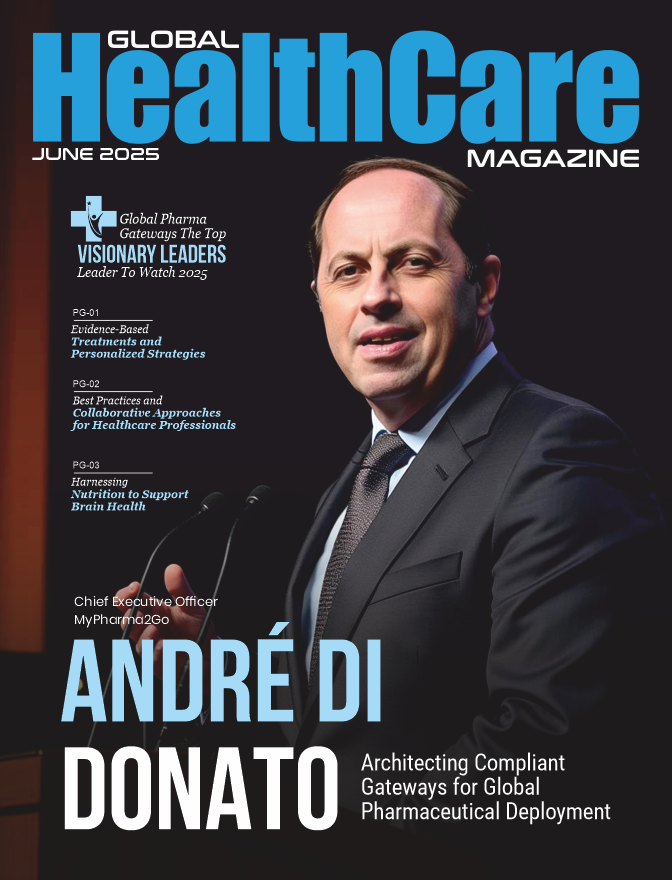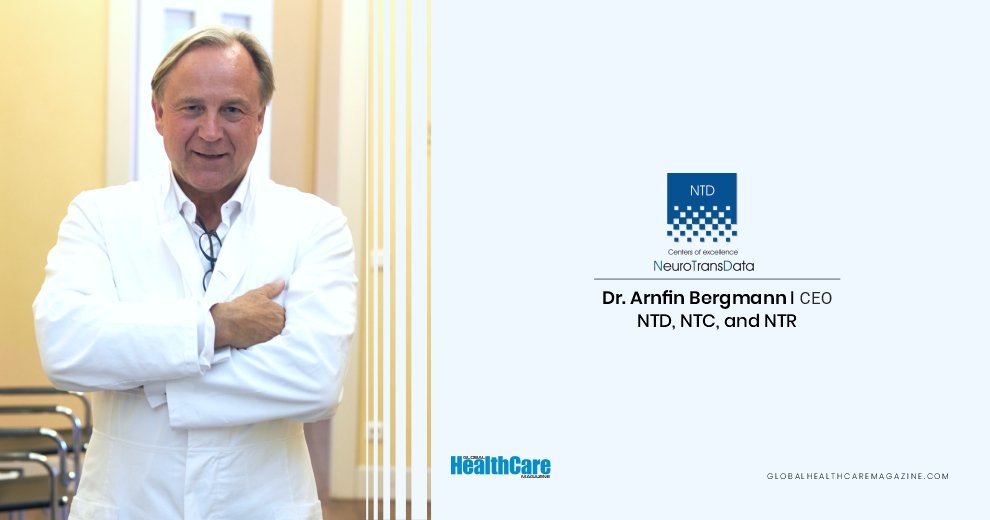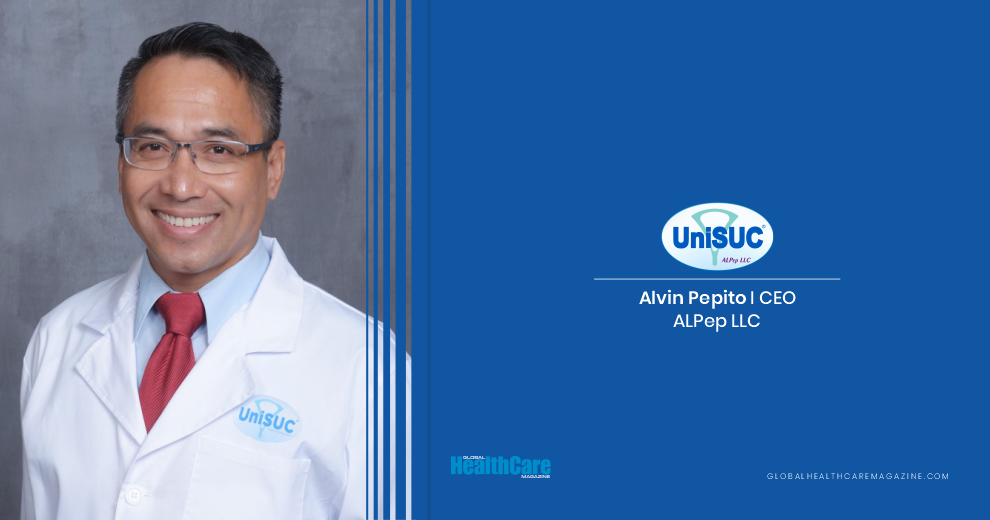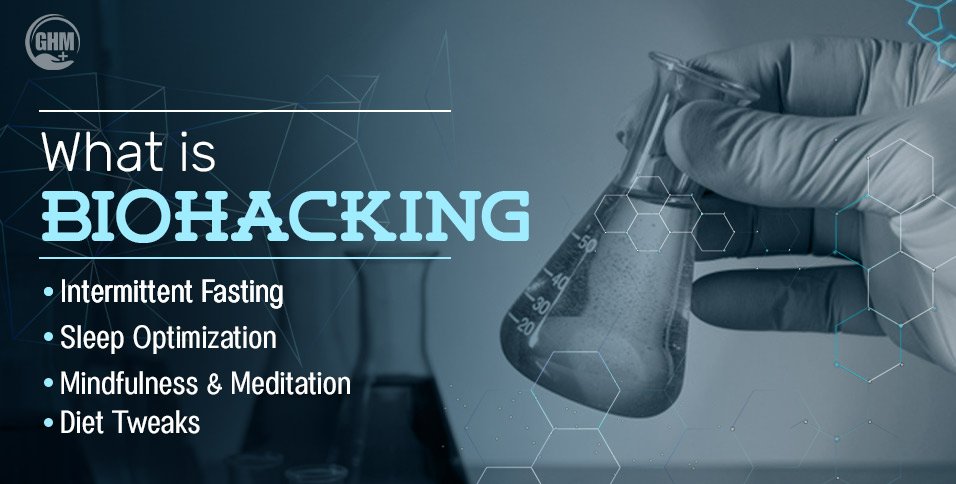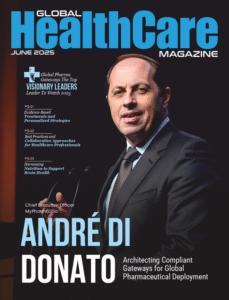Addiction recovery is not a linear path—it is a dynamic cycle of healing that unfolds in stages. Each phase of recovery presents its own challenges and milestones, all working toward the ultimate goal of sustained sobriety and well-being. By understanding the cycle of healing and its various components, individuals can better navigate the road to recovery with awareness, patience, and hope.
The first phase in the addiction recovery journey is acknowledgment and acceptance. This is the moment when an individual recognizes that they have a problem with substance use and begins to contemplate change. It is often marked by internal conflict, as denial gives way to realization. This stage is critical because without acknowledging the issue, no meaningful steps toward healing can begin.
Following acknowledgment comes the detoxification phase. This is the physical process of allowing the body to rid itself of drugs or alcohol. Detox is often accompanied by withdrawal symptoms, which can range from mild discomfort to severe physical and psychological distress. Medical supervision is frequently recommended during this phase to ensure safety and stability.
Once detox is complete, individuals enter the early recovery phase. This stage involves learning new coping mechanisms and beginning the psychological and emotional work required for long-term sobriety. It is during this time that individuals often participate in therapeutic programs, such as inpatient or outpatient mental health rehabilitation. These structured environments provide a safe space to explore underlying issues that contributed to substance use and to begin forming healthier habits.
The next phase is active recovery and maintenance. This stage focuses on sustaining the progress made during early recovery. It often involves continued participation in therapy, support groups like Alcoholics Anonymous or Narcotics Anonymous, and the implementation of relapse prevention strategies. Individuals in this phase work to rebuild their lives—repairing relationships, pursuing education or employment, and developing a new sense of purpose.
Finally, recovery moves into the growth and transformation phase. This is a long-term, ongoing phase where the individual integrates the lessons learned throughout their journey into everyday life. Emotional resilience is strengthened, self-awareness deepens, and the person often takes on a role of mentoring or supporting others in recovery.
Relapse can occur at any point and is considered a part of the cycle, not a failure. It offers an opportunity to revisit and reinforce earlier lessons and strategies. With each pass through the cycle, individuals grow stronger and more equipped to sustain their recovery.
Healing from addiction is a lifelong journey. Understanding the cyclical nature of recovery, with its phases of physical detox, emotional healing, mental health rehabilitation, and personal transformation, allows individuals and their support networks to approach the process with compassion and clarity.
Also Read: The Changing Landscape of Addiction Recovery and New Trends in Treatment and Support





